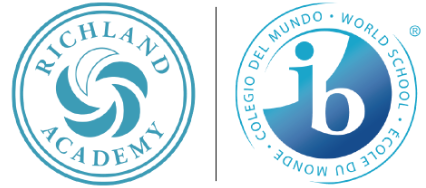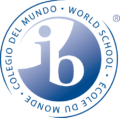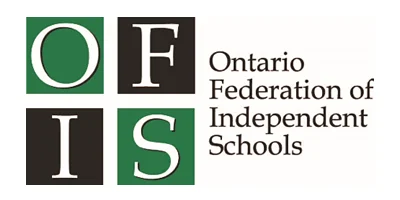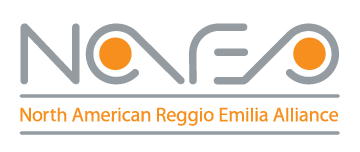The children have been using the Bansho method to solve problems.
Bansho is a form of problem solving that promotes the discussion and discovery of relationships in mathematics. It is completed in pairs, or small groups. A variety of solutions and explanations are accepted and discussed. The learning is summarized after the solutions have been explained.
There are several steps to follow. First of all, the children think about any prior knowledge they may have from solving past problems. The goal is to remind students of their thinking and to encourage them to focus on their thinking process.
Typically, the children comment in this way:
- “Check it over.” AB
- “Remember hints and clues that may be in the problem.” EZ
- “Make sure the solution works.” PR
- “Do the problem step by step.” AG
- “Don’t rush!” –EZ
- “See if your solution is correct, or not.” MJ
- “Be careful!” ZK
- “Read the problem carefully to see what is being asked.” AB
 Now, comes the problem! The children are presented with a problem that is a story that does not have an obvious solution. If the children can solve the problem mentally, then there is not enough depth for discussion. The children must also consider the criteria. In other words, they identify what the question is asking. They also eliminate any unnecessary information. Working in pairs, or small groups, the children work on their solutions. Afterwards, they share their solutions with the rest of the class and the teacher organizes them based on similar ideas. The learning is then summarized from each other’s explanations. This is considered to be the most important element of Bansho.
Now, comes the problem! The children are presented with a problem that is a story that does not have an obvious solution. If the children can solve the problem mentally, then there is not enough depth for discussion. The children must also consider the criteria. In other words, they identify what the question is asking. They also eliminate any unnecessary information. Working in pairs, or small groups, the children work on their solutions. Afterwards, they share their solutions with the rest of the class and the teacher organizes them based on similar ideas. The learning is then summarized from each other’s explanations. This is considered to be the most important element of Bansho.
The Bansho method of solving problems connects beautifully with the Ontario Curriculum expectations. The expectations state:
- Good problem solvers can see when they need to try a new approach.
- The children should learn to examine their own thinking processes.
- They must learn that they can benefit from talking about mathematics, and must develop the ability to work with others to clarify thoughts and ideas.









